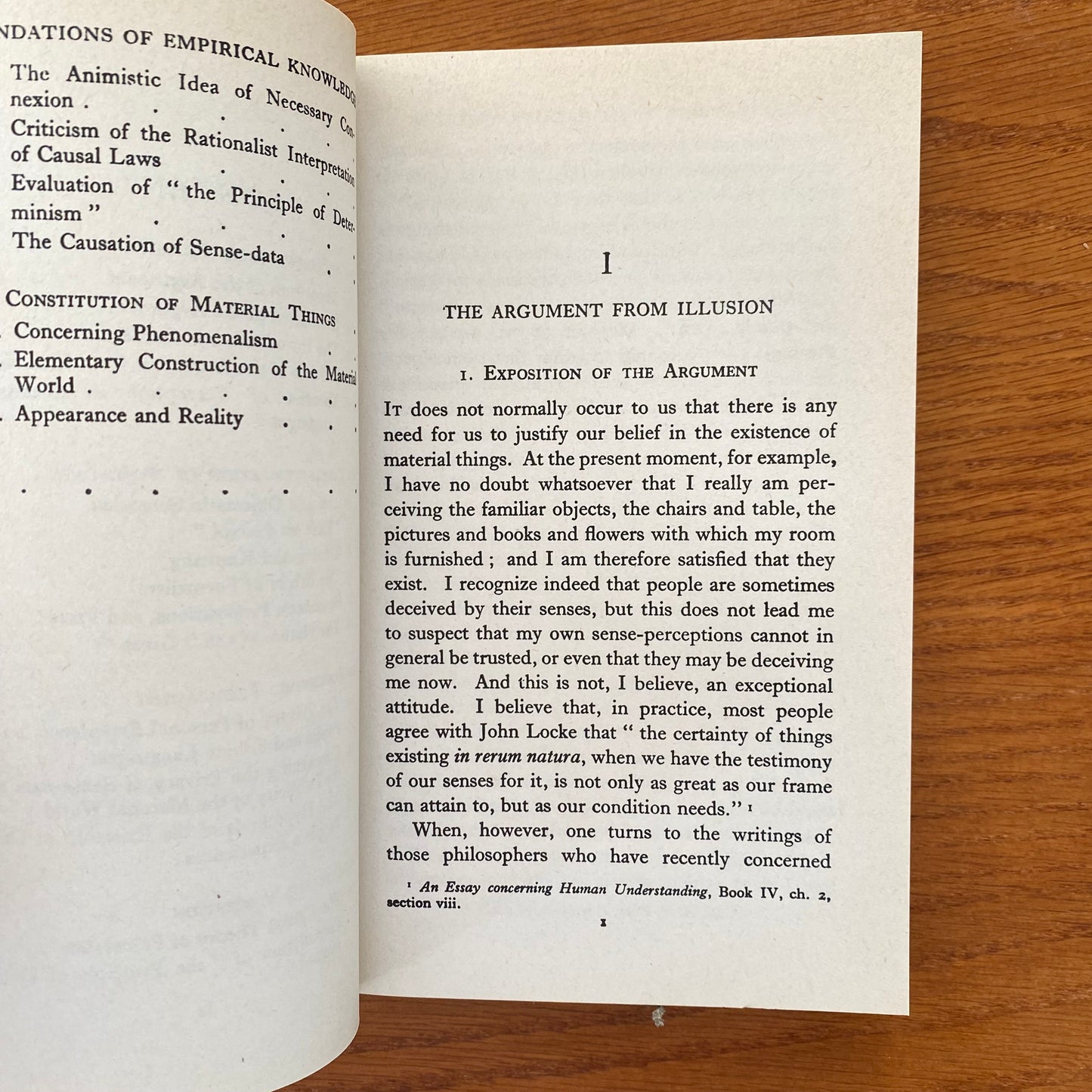Rumorbooks
The Foundations of Empirical Knowledge - AJ Ayer
The Foundations of Empirical Knowledge - AJ Ayer
Couldn't load pickup availability
A.J. Ayer’s The Foundations of Empirical Knowledge (1940) is a key work in 20th-century philosophy, addressing the relationship between sense data and empirical knowledge. Ayer, a leading figure in logical positivism, argues against the idea that sense data—immediate perceptions such as colors, sounds, or sensations—serve as the ultimate foundation for all knowledge. Instead, he maintains that empirical knowledge is rooted in verifiable statements about the world, not in private subjective experiences.
Ayer challenges the notion that we can have infallible knowledge of our sense data, showing that even perceptions can be subject to error or misinterpretation. He emphasizes the importance of language and logical analysis in clarifying the nature of knowledge, rejecting metaphysical speculation. In this work, Ayer advances his commitment to empiricism and verificationism, arguing that meaningful statements must be either analytically true or empirically verifiable. His approach contributes significantly to debates on the nature of perception, knowledge, and the limits of philosophical inquiry.
Share








